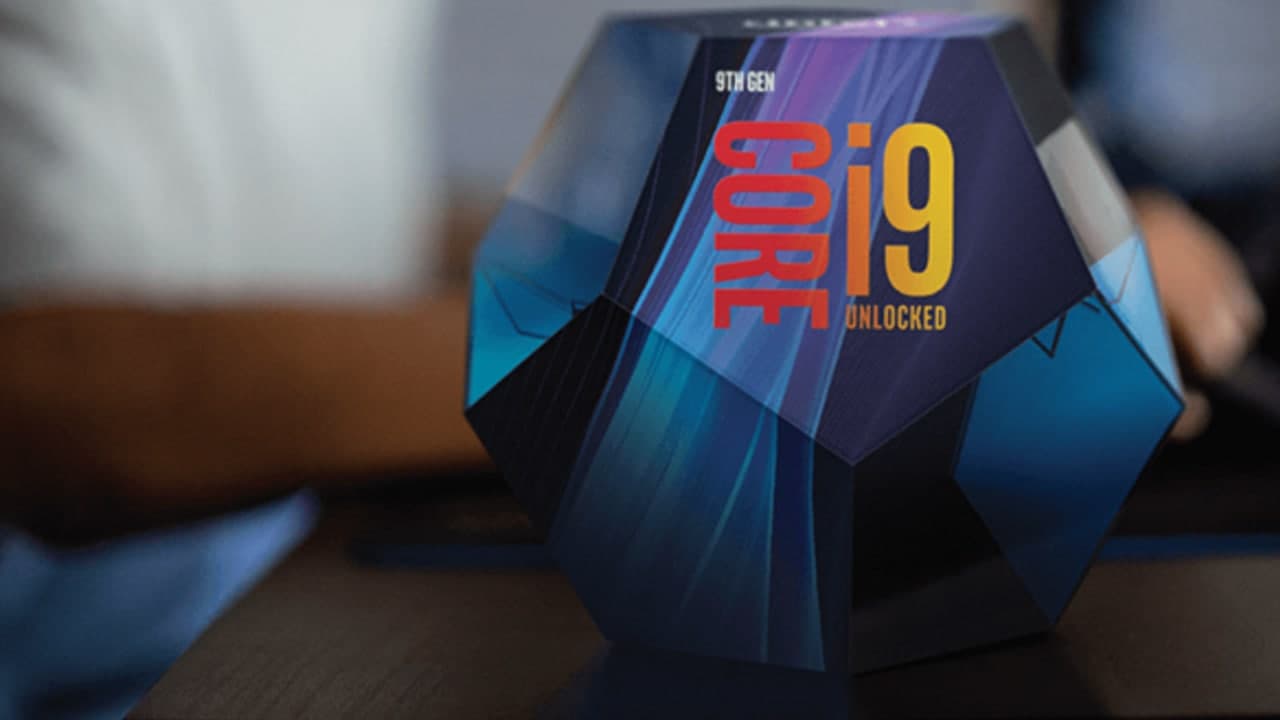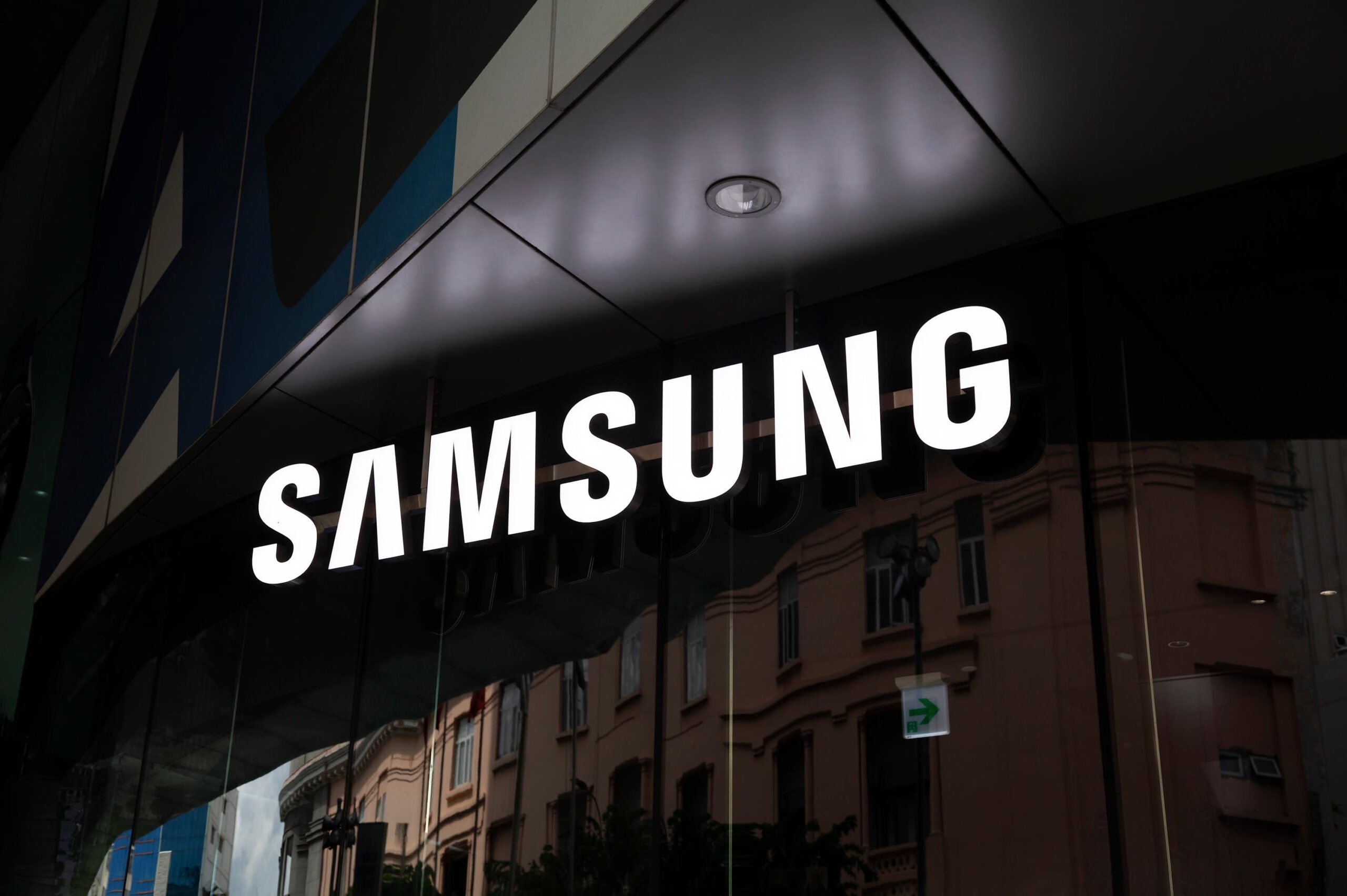Intel has confirmed that the 11th generation desktop Core will be released during CES next month, and the time to market will be fixed in March after the Spring Festival.
At present, there are new parameters exposed in the industry. The actual test scores and frequency parameters are coming. At present, the price of this series of CPUs has been almost exposed. At present, netizens have released three sample CPU-Z screenshots, namely i9-11900K, i9-11900, and i7-11700.
i9-11900K: 8 cores and 16 threads, level 1 instruction cache 384KB, level 1 data cache 256KB, level 2 cache 4MB, level 3 cache 16MB, maximum core frequency 4.8GHz, thermal design power consumption 125W.
The base frequency of the sample is 3.4GHz and the full-core turbo frequency is 4.3GHz, while the official base frequency should be 3.5GHz and the highest turbo frequency is 5.3GHz.
i9-11900: It is also 8 cores and 16 threads, the highest core frequency is reduced to 4.5GHz, the cache is the same as above, and the thermal design power consumption is 65W.

Combined with previous news, the sample reference frequency is only 1.8GHz, and the full turbo frequency is 3.8GHz or 4.0GHz. There is no frequency data for the official version.
i7-11700: It is still 8 cores and 16 threads, the highest core frequency is 4.4GHz, and the thermal design power consumption is 65W.
The reference frequency of the sample is only 1.8GHz, and the official version should reach 2.5-4.9GHz, in addition to i7-1100K 3.6-5.0GHz. There is really no obvious difference between the i9 and i7 of this generation, it is nothing more than a frequency difference, and possibly a physical difference.
i9 11900K, i9 11900, i7 11700 ES
*Both i9 ES cpu are tested with B560 mobo. and could apply XMP 4133MHz pic.twitter.com/GDAEl2agVt
— 포시포시 (@harukaze5719) December 23, 2020






